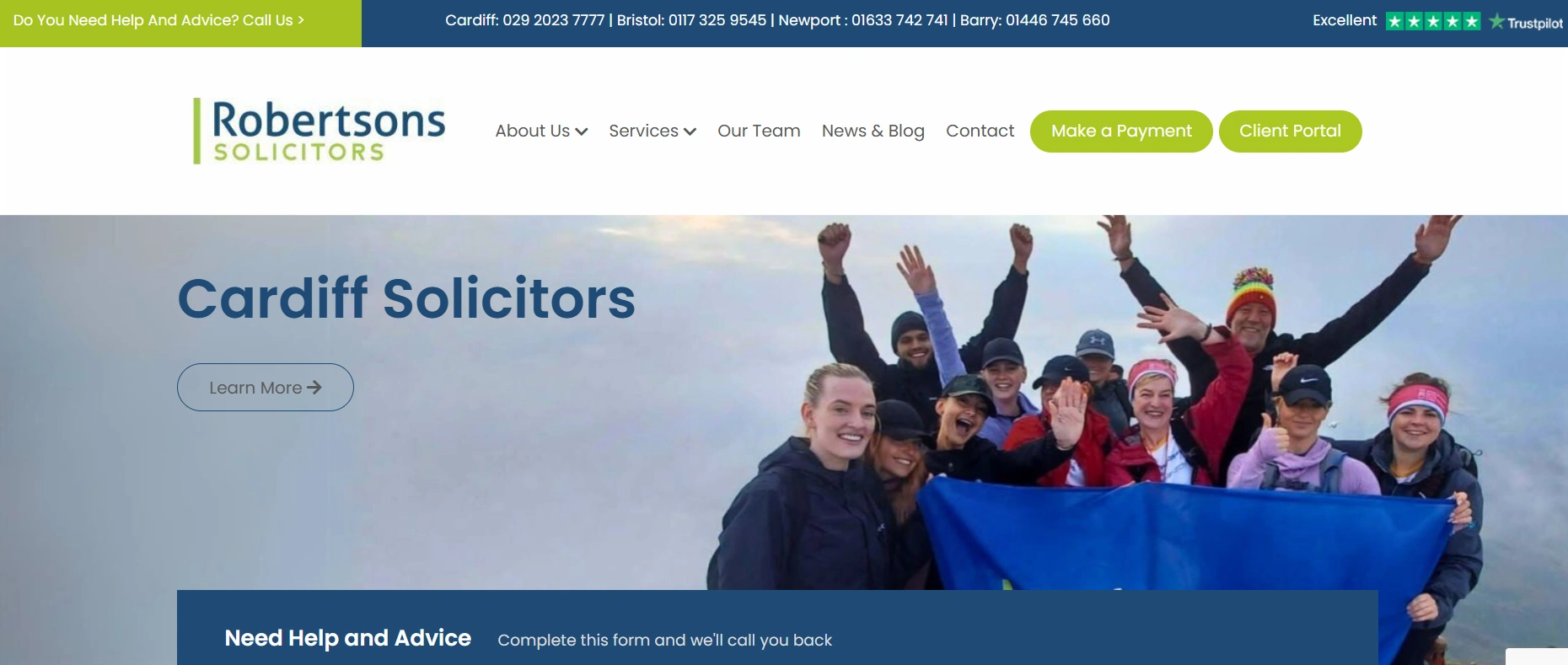E-E-A-T & YMYL for Law Firms - How to Optimise Legal Content in 2026

Legal SEO is no longer about keywords - it’s about credibility. In 2026, Google’s E-E-A-T (Experience, Expertise, Authoritativeness & Trustworthiness) and YMYL (Your Money or Your Life) frameworks will decide which law firms appear first - and which vanish from search results entirely.
👉 Request a Legal SEO Audit
Key Takeaways
- YMYL defines the risk: legal advice affects lives, rights, and finances.
- E-E-A-T defines the proof: real solicitors, accurate citations, transparent reviews.
- Law firms that publish trustworthy, verified content will dominate organic rankings.
Why Legal Content Standards Keep Rising
Nearly 80 % of potential clients research solicitors online before enquiring (Law Society, 2025). Because legal advice influences major life outcomes, Google now classifies all solicitor websites as YMYL - a category that demands exceptional factual accuracy.
At the same time, the algorithm evaluates E-E-A-T signals to determine whether your firm demonstrates verifiable expertise and ethical authority. That’s why modern legal SEO must now balance both technical precision and professional integrity.
Appear Online’s legal SEO framework integrates both E-E-A-T and YMYL principles to deliver measurable visibility without risking compliance.
E-E-A-T vs YMYL — The Two Pillars of Trust
E-E-A-T and YMYL work together: one defines the industries under scrutiny, the other defines the evidence required to earn trust.
The 2026 Compliance Landscape
Google’s quality updates now evaluate accuracy, authorship, and accountability. Firms that fail to show who wrote what - and when it was reviewed - risk demotion even with strong backlinks.
How to Optimise Legal Content for E-E-A-T + YMYL
Five high-impact changes every law firm should implement:
Case Study - Robertsons Solicitors

Robertsons Solicitors worked with Appear Online to bring over 100 practice pages in line with E-E-A-T and YMYL standards. We added author schema, updated references, and streamlined internal linking.
Results (4 months):
- +63 % organic traffic
- +40 first-page keywords
- Higher click-through rates on Google Business profiles
The ROI of Trust-First SEO
Law firms investing in E-E-A-T + YMYL see higher conversions because users (and Google) trust them. Transparent authorship and verified content don’t just protect reputation - they grow it.
✅ Higher rankings
✅ More qualified leads
✅ Long-term client trust
Need Help Building E-E-A-T & YMYL into Your Site?
Appear Online helps law firms create SEO strategies that meet both Google and SRA standards - blending authority, compliance, and growth.
👉 Explore Our Legal SEO Services
Legal E-E-A-T + YMYL Checklist for 2026
FAQs
1. What is YMYL, and why does it matter for law firms?
YMYL stands for “Your Money or Your Life.” Google uses this category for industries where inaccurate information can harm users. Law firms must prove content accuracy and authorship to rank well.
2. How does E-E-A-T relate to YMYL?
YMYL determines content risk; E-E-A-T is the framework Google uses to evaluate trust and credibility within those sectors.
3. How often should legal content be updated?
Every 3-6 months for practice pages and annually for blogs. Consistency shows Google you’re maintaining relevance and accuracy.
4. Can AI help create legal content safely?
Yes - if verified by qualified solicitors and reviewed for accuracy. AI assists drafting but cannot replace human expertise.
5. Does E-E-A-T affect local SEO for law firms?
Absolutely. Verified author profiles, consistent NAP data, and reviewed Google Business posts all reinforce trust signals for local visibility.
References:
https://developers.google.com/search/docs/appearance/core-updates
https://developers.google.com/search/docs/fundamentals/creating-helpful-content
.avif)





.webp)


